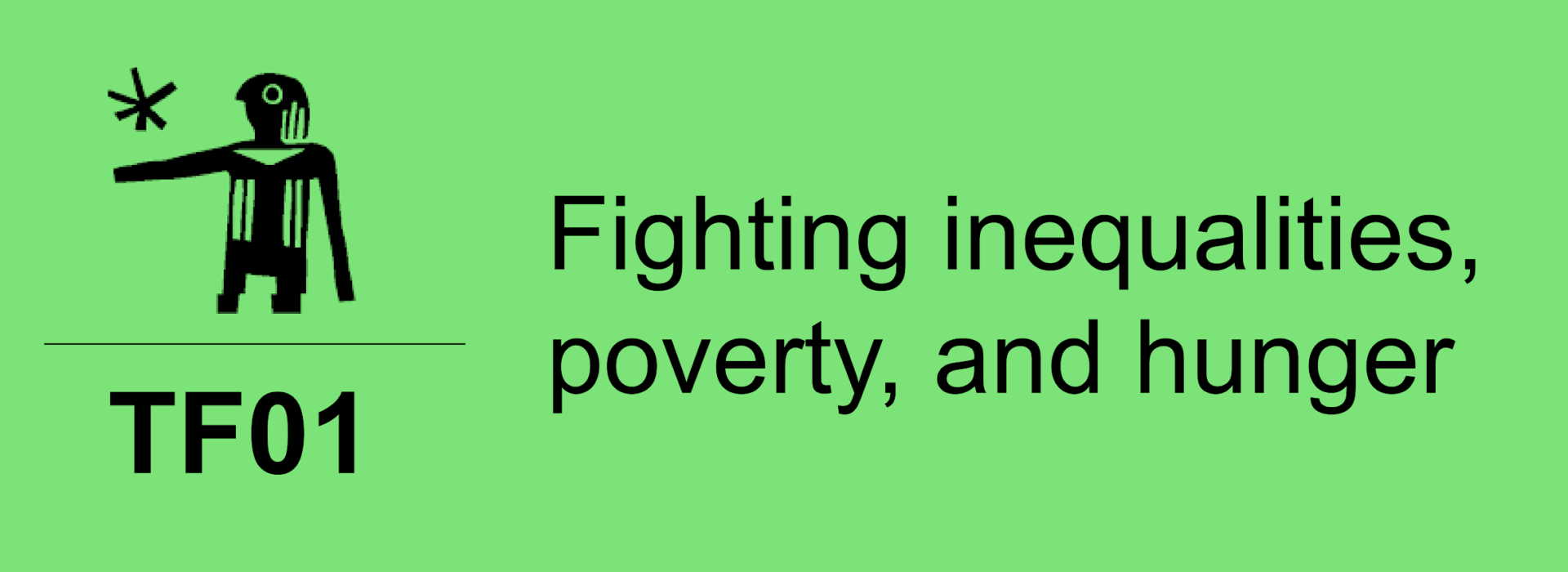Despite the efforts of income transfer programs to overcome female poverty, women still constitute the majority of the impoverished globally, presenting a persistent challenge in the social protection systems of G20 countries. These programs target families with children under 18 and provide pensions to women over 60 to enhance female social protection connectivity. They aim to reduce poverty by investing in human capital development for future generations, focusing on breaking the cycle of intergenerational poverty. Despite evidence of reducing poverty, cash transfers face emerging challenges due to geographical shifts and labor market changes. An in-depth comparative analysis in eight developing countries indicates that a significant and increasing number of women, especially those in middle age, are being excluded from major income transfer initiatives because they are no longer caregivers but do not yet have access to pensions. Because caregiving duties often restrict the ability to accumulate assets for future income, this indicates a future with more women in vulnerable positions, lacking income capabilities and social protection. To address this, G20 nations should: a) Improve women’s skills for income generation through education, technical training, and business formalization; b) Support continuous employment with measures like childcare and parental leave; c) Expand income transfers to families beyond when children turn 18, focusing on women’s financial stability; d) Offer targeted aid to vulnerable groups (e.g., victims of violence, immigrants, disabled) through a comprehensive social protection strategy. Enhancing the scope of cash transfers and crafting policies aimed at addressing female poverty are vital to adapt to demographic changes and effectively protecting vulnerable groups.
Register for Updates
Would you like to receive updates on the Global Solutions Initiative, upcoming events, G7 and G20-related developments and the future of multilateralism? Then subscribe here!
1 You hereby agree that the personal data provided may be used for the purpose of updates on the Global Solutions Initiative by the Global Solutions Initiative Foundation gemeinnützige GmbH. Your consent is revocable at any time (by e-mail to contact@global-solutions-initiative.org or to the contact data given in the imprint). The update is sent in accordance with the privacy policy and to advertise the Global Solutions Initiative’s own products and services.









